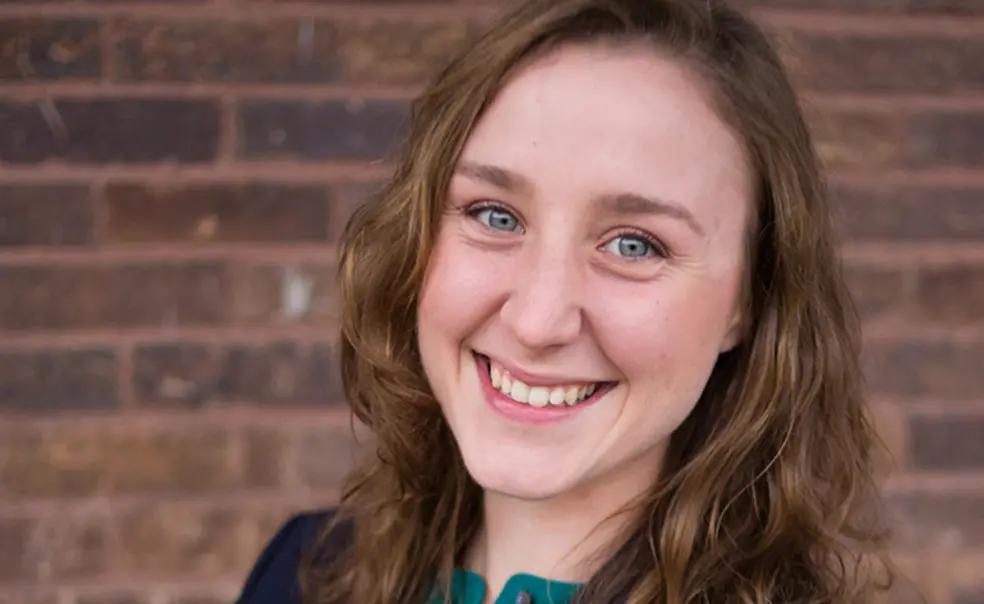Ellie Rizzo ’13 Is Bringing Medical Orchestras Together
‘We think it is important to support this humanistic movement in medicine’
Sometimes when doctors and other medical professionals get together, they play music.
These medical orchestras, as they’re called, seem to be growing in popularity, with more popping up across the country. But often they’ve operated in silos, says Ellie Rizzo ’13, with no good, organized way to communicate or share best practices.
Last year, Rizzo decided to change that. With a group of colleagues, she created the National Association of Medical Orchestras — an all-volunteer umbrella organization.
“Medical orchestras can bring so much joy and connection to their members and communities, and we think it is important to support this humanistic movement in medicine,” Rizzo writes, “especially when things are so difficult for medical and medically-adjacent professionals.”
Rizzo, who studied ecology and evolutionary biology at Princeton, is currently working on a dual MD/MBA degree at the University of Nebraska Medical Center, while in the Arts and Humanities Enhanced Medical Education Track. She hopes to use the double focus to work through problems on the business side of medicine, improving “how we run things.”
At Princeton she sang in the glee club and chamber choir. But since she was little, she has played the violin, and today she performs with the National Virtual Medical Orchestra and the Nebraska Medical Orchestra. She participates “just for the joy of playing music,” and says she enjoys the fellowship of interesting people she might never meet otherwise.
“It’s just a whole lot of fun to play music together, and to meet people, and you learn a lot from everybody,” she says.
A few types of people tend to be involved with medical orchestras, she says: Medical professionals who play instruments, researchers who study music and the brain, conductors, and administrators who run the orchestras. The orchestras range from student groups at medical schools to ones sponsored by hospitals, and more.
Without a central community, Rizzo writes, new orchestras often have had to “re-invent the wheel in terms of structure, funding, and logistics.”
To fill that gap, NAMO has created a directory of 33 medical orchestras and on its website distributes resources — tips on fundraising, community engagement, repertoire, and performance. The association just issued its first newsletter in January and is planning a virtual conference for May. Rizzo said she’s excited to have as the keynote speaker Lisa Wong, a heavyweight contributor to the medical orchestra community and co-director of the Arts and Humanities Initiative at Harvard Medical School.
“Our goal is basically to create a more cohesive community out of all these people who have similar interests, to whom music brings joy,” she says, “but maybe don’t have all the time in the world to practice or can’t be at every rehearsal, but would still like to participate in an ensemble like this.”
Watch Ellie Rizzo ’13 play holiday music in the December 2020 Carnegie Hall debut of the National Virtual Medical Orchestra.












No responses yet